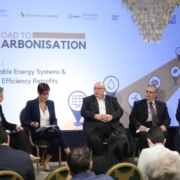The AX Group’s ESG journey (this far)
Businesses exist primarily for profit. Other organisations may have different objectives and these include Government, Foundations, Charities and others.
There is no doubt that climate change is a reality. We see it and experience it every day. Longer summers, hotter summers, sudden unexpected downpours. Nature is struggling to cope with this. Trees and plants are not growing as healthily as we know they did in the past. We can close our thoughts to these changes because we believe that there is little we can do individually and the prime responsibility surely must fall on Governments and large businesses. Realistically we do know that each and every one of us have the responsibility to do whatever is within our ability to mitigate climate change.
At AX Group our ESG journey started with defining our vision. The vision is “we want to be active in managing our ESG responsibilities, selecting actions and identifying opportunities and objectives that have a positive outcome to minimise climate change”. In the realisation that we can do much more if we align ourselves with likeminded businesses, and conscious that Government has a significantly greater ability to foster policies that protect the environment, we became founder members of Malta’s ESG alliance.
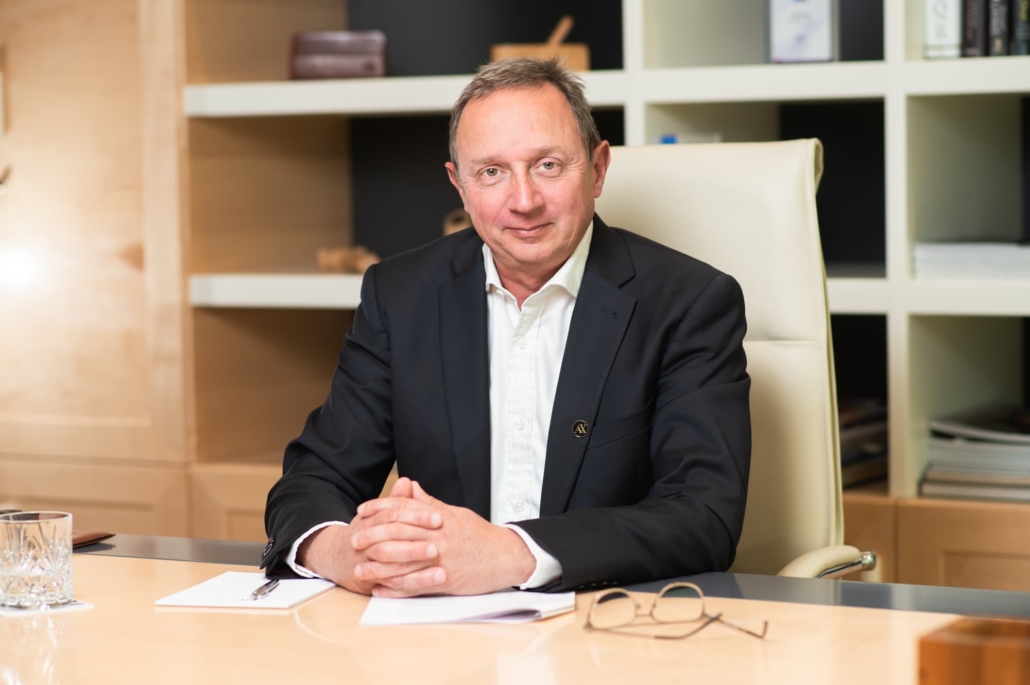
Let us start with short term action we have taken, mostly the low hanging actions which are within our reach.
The reduction of waste, the separation of waste into the recyclable elements, the bio degradable elements, the re-purposing of elements. Mostly these actions simple require a change in attitude and lifestyle. To put simply, we select goods, services, alternatives which have the lower environment impact.
These measures often come at a cost. In our businesses, renting three skips to separate waste into different elements involves cost. Cleaning materials to reuse or recycle them generally involves labour cost, which possibly is more than the cost of the materials themselves when all is factored in.
Consciously the AX Group has taken the route to adopt these actions. Our ESG committees supported by management and in line with the Board of Directors’ direction, have identified many measures that have been successfully implemented with the full co-operation and support of our employees. We are greatly encouraged by the active participation of our employees in this regard.
In the medium term we have taken other decisions and measures that will have significant positive results and longer lasting benefits. The education and training of our employees and continually reinforcing our commitment to follow ESG principles has broadened the reach of our vision beyond the business itself.
We are selecting vendors with greater awareness of their own ESG practices and policies and we intend to do more of this going forward.
We have purchased electric vehicles to replace some of our fleet of cars and intend to do so more and more where it justifies doing so.
The longer term is an area where the AX Group has had a much more significant vision which is reflected in its choices and actions.
It is a well known fact that the construction and transport industries are among the greatest generators of greenhouse gases.
We are not active in the transport sector, being primarily a user of means of transport and not a provider of transport services. So let us focus on the construction and development sectors, two of the AX Group’s core business divisions.
And here we have an exciting story to tell that goes back many years. The principles of reduce, reuse, repurpose that I referred to earlier also apply here and with much more significant implications.
Allow me to broaden my analysis and put things into the social and economic perspectives of the Maltese islands.
Our forefathers over thousands of years selected the soft globigerina limestone to cut building blocks and learned to work these artfully to give us the great homes, palaces and public buildings as well as the towns and fortifications that kept them safe over the millennia. Our stone was and still is quarried with minimal carbon being created – an axe or saw was used to extract the natural material, often in the past being cut close to the same location that the stone was going to be used. Our stone generally has a long life but on the downside, low thermal properties, is a heavy material to work and relatively low structural strength.
In the 2000’s we experienced a marked sift in our building methodologies. Our architects, developers and construction workers for many justifiable and valid reasons shifted the material of choice for our buildings to bricks, concrete and steel. Materials that have much greater structural strength, are easier to work with the right machinery and possibly more relevant to the types and size of building projects that are often constructed today. But we know that steel and concrete particularly have a very high carbon output, and bricks are the product of a manufacturing process.
Back to AX Group and its philosophy of “Building Communities” . This philosophy ties in the Environment with the Social aspects of ESG.
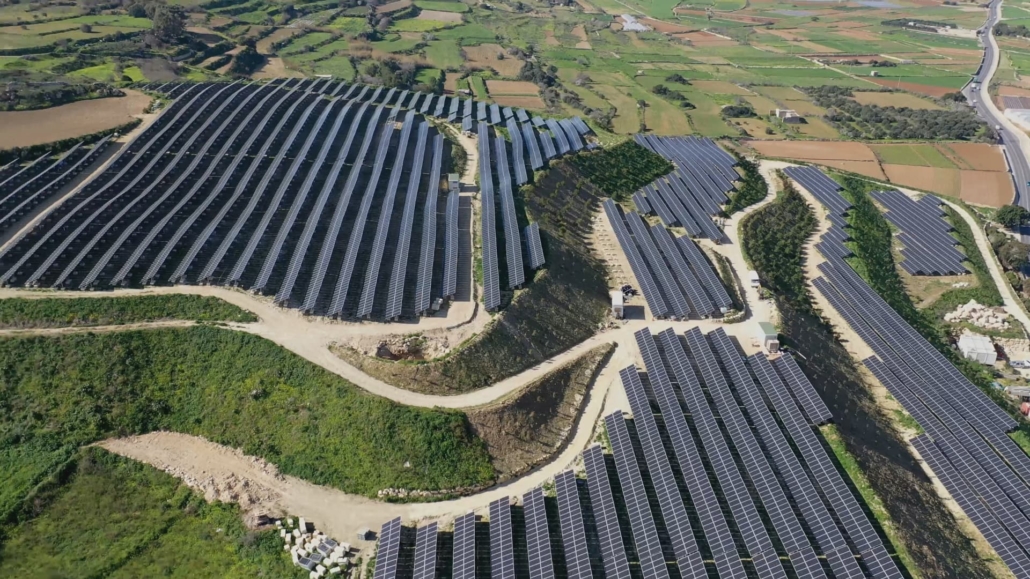
How have we embraced this in reality.
When Angelo Xuereb set up his construction company almost 50 years ago he started operating out of a site on the periphery of Naxxar in what was then a predominantly agricultural area. As the urban sprawl of Naxxar encroached on his property he realised that a construction yard with it noise, dust and frequent movement of trucks and other construction equipment was no longer compatible with the evolution of the residential area. He applied to the Planning Authority to redevelop the site as a Retirement Village. He was well aware of the ageing population in our islands and the demographic trend towards an increasingly ageing population were already evident even then.
Unfortunately it took him more than 23 years before the authority was forthcoming with the permit but as soon as the development had been permitted, he embarked on the building of what today is the Hilltop Gardens Retirement Village and the Simblija Care Home. He designed the building to afford the maximum open space with just over 55% of the site being built upon, he optimised natural light into the buildings and created the facilities that residents would need to enjoy their years at the village. He excavated a reservoir to capture rain water and reuse it as second class water. We installed photovoltaic panels on the roofs of the buildings to ensure that the village’s carbon footprint would be minimal.
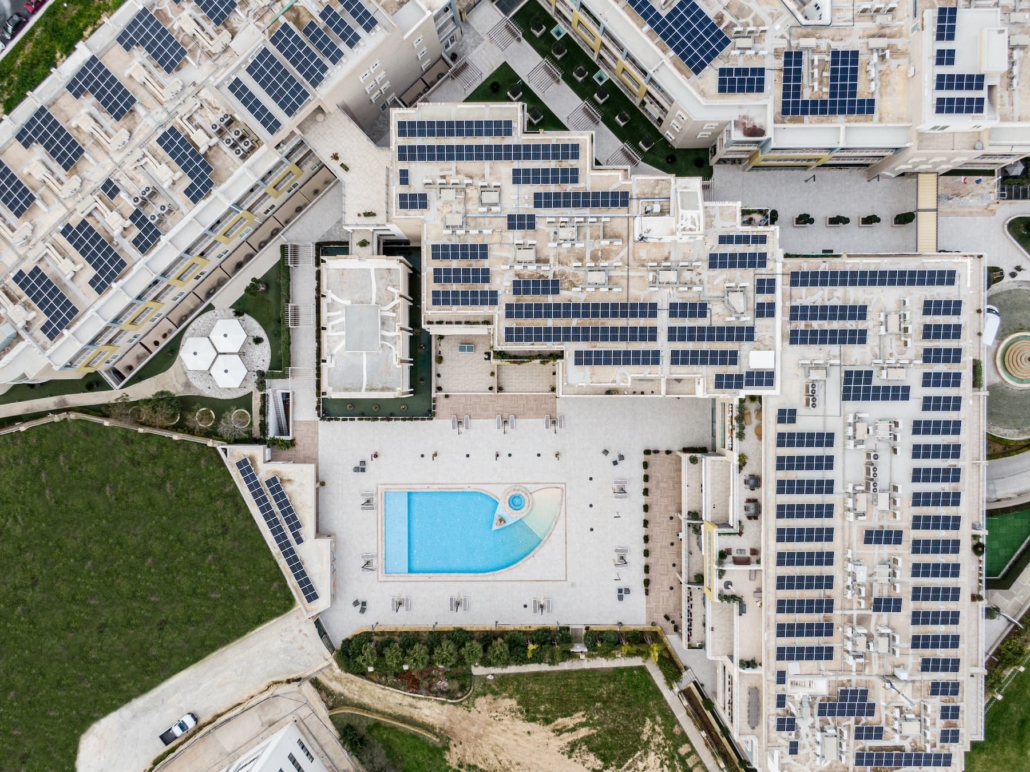
Another venture of the AX Group was the rehabilitation of its quarry at Imselliet and the installation of one of the islands largest photovoltaic plants. Another measure to minimise the Group’s carbon footprint.
In the last years the AX Group has bought three buildings in Valletta and repurposed two into boutique hotels and another into a prestigious office.
In designing our development at Verdala we have set a lifespan for the building of 100 years. In practice this means considerable additional cost in the materials we use for the finishes of the building, the type of insulation to ensure it is energy efficient and at the same time provides the residents with the comfort and privacy expected of a luxury development. It takes a lot of time to convey these qualities to prospective buyers of the property who often make decisions based primarily on price.
The AX Group is steadfast in its commitment to the Environment, to good governance and to being a business with a strong social conscience. We show this in our decisions, in our action both in the short, medium and long term. This is what makes us proud and comfortable to say “This is AX Group”, a leader in so many ways.
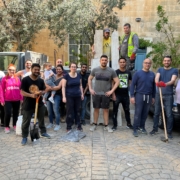
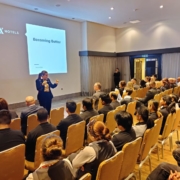
 People that have been through hardship and have succeeded in life are the ones that just walked right through it. Felt every inch of that pain, took it all in, and managed to break it all down to the smallest fraction in order to process it all properly to be able to give it a new dynamic and a new shape to themselves. It is THAT that makes us become bigger people. To me, pushing those boundaries is what it is all about. It is only when we dare to challenge the norm will we discover the real inner strength that we have, and where it can take us. Restricting our mind and body will only restrict our possibilities.
People that have been through hardship and have succeeded in life are the ones that just walked right through it. Felt every inch of that pain, took it all in, and managed to break it all down to the smallest fraction in order to process it all properly to be able to give it a new dynamic and a new shape to themselves. It is THAT that makes us become bigger people. To me, pushing those boundaries is what it is all about. It is only when we dare to challenge the norm will we discover the real inner strength that we have, and where it can take us. Restricting our mind and body will only restrict our possibilities.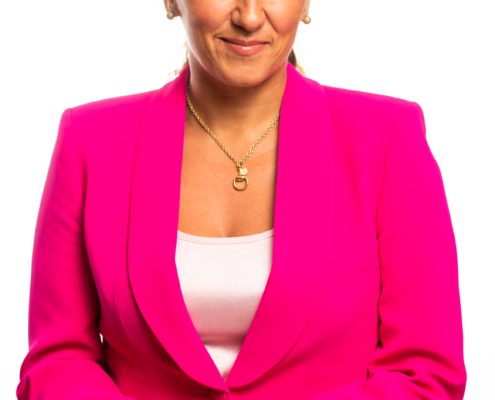 If you are like me, I would want to know if I am on the right track or not. How will you know? Very simple… if you are not familiar with the ground you stand on and it makes you feel uncomfortable, you are on the right track. Congratulations, you are starting to exit your comfort zone 🙂 In theory, the more uncomfortable you are the more you are out of your comfort zone. However, always remain true to yourself. Is there still you in there? We don’t want to become somebody else, remember that. We love how we are; we just want to become fitter and stronger, so that doesn’t mean losing our souls. Remain loyal to who you are, in the process. Losing yourself will only lead you to confusion in the long term and to lose the whole plot.
If you are like me, I would want to know if I am on the right track or not. How will you know? Very simple… if you are not familiar with the ground you stand on and it makes you feel uncomfortable, you are on the right track. Congratulations, you are starting to exit your comfort zone 🙂 In theory, the more uncomfortable you are the more you are out of your comfort zone. However, always remain true to yourself. Is there still you in there? We don’t want to become somebody else, remember that. We love how we are; we just want to become fitter and stronger, so that doesn’t mean losing our souls. Remain loyal to who you are, in the process. Losing yourself will only lead you to confusion in the long term and to lose the whole plot.